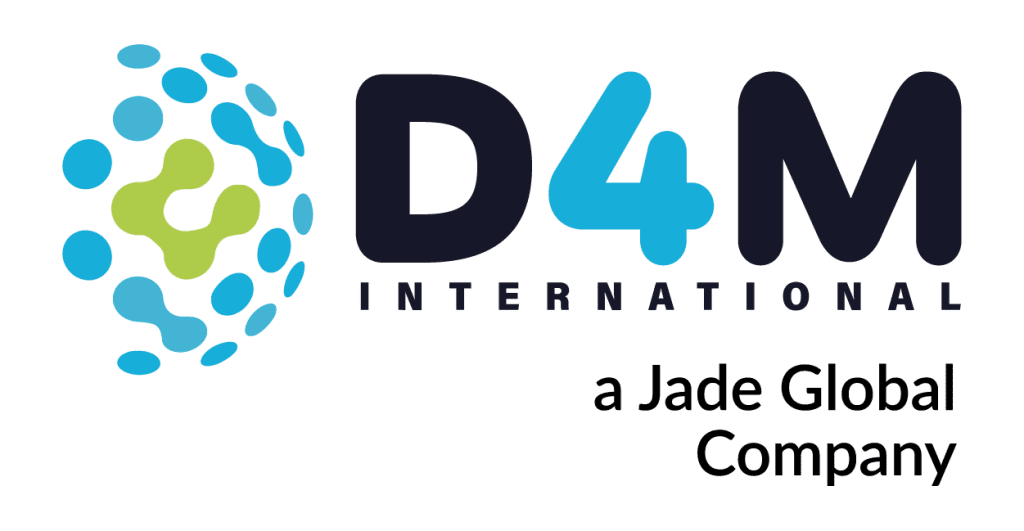Transforming Business Performance with ERP Optimization Consulting
In today’s fast-paced business environment, enterprise resource planning (ERP) systems are the backbone of organizational efficiency. Companies rely on ERP to connect finance, supply chain, human resources, and production into a unified system of record. Yet despite its critical role, many organizations fail to unlock the full potential of their ERP investment.
Underutilized features, outdated processes, and poor alignment with evolving business needs often leave ERP systems functioning as expensive digital filing cabinets rather than strategic growth enablers. As competition intensifies and digital transformation accelerates, companies cannot afford this inefficiency.
One of the most impactful ways to address these challenges is through ERP optimization consulting. By rethinking ERP strategy and ensuring a seamless transition to modern platforms such as SAP S/4HANA, businesses can streamline workflows, improve data accuracy, and gain the agility required to compete in today’s global markets.
At D4M International, our consulting team specializes in guiding organizations through this transformation. We combine technical expertise with industry-specific knowledge to deliver tailored solutions that ensure maximum return on ERP investments.
Why ERP Optimization is the Key to Staying Competitive
How to Power Every Corner of Your Business
An ERP system acts as the digital nervous system of the enterprise, enabling:
- Cross-department integration so finance, procurement, supply chain, HR, and operations work from the same source of truth.
- Automated workflows that reduce manual effort, errors, and cycle times.
- Real-time visibility into operations, enabling proactive decisions rather than reactive fixes.
- Compliance and transparency across processes, reducing risk and improving accountability.
Without optimization, however, these capabilities may remain underutilized. Businesses may continue to operate with data silos, fragmented reporting, and inefficient manual workarounds.
When “Good enough” ERP Isn’t Enough Anymore
ERP is not a “set it and forget it” system. Business requirements evolve constantly; new regulations, mergers, supply chain disruptions, and customer expectations all demand ongoing adaptation. Without continuous optimization, ERP systems can become bottlenecks rather than enablers.
Some of the most common risks of neglecting optimization include:
- Missed insights due to inaccurate or inconsistent data.
- Process inefficiencies that slow down growth and increase costs.
- Resistance to change when employees struggle with outdated, unintuitive systems.
- Costly disruptions during upgrades or migrations, particularly when moving to SAP S/4HANA.
Optimization ensures that ERP systems remain aligned with strategy, empowering leaders to adapt quickly and confidently. As Eric Ibarra, Vice President & US Country Manager at D4M International, explains in an interview, implementing SAP ERP is a strategic investment that pays off over time:
“It’s not in day one or after the implementation… It takes realistically around three to nine months to start realizing the key specific value.”
His insight highlights that while the initial rollout may be challenging, the benefits of a well-optimized ERP system unfold gradually, reinforcing the importance of ongoing attention and adaptation.
From Data Chaos to Clarity
ERP optimization consulting transforms ERP from a transactional system into a platform for business growth. Rather than simply keeping the lights on, optimization aligns ERP with key objectives such as faster time-to-market, improved cash flow, or more resilient supply chains.
For a company migrating from legacy SAP ECC to SAP S/4HANA, optimization is crucial. It prevents simply replicating old inefficiencies in a new system. Instead, tailored consulting improves workflows, standardizes data, and implements best practices to boost site-wide productivity.
Optimization Empowers Every Level of Your Organization
- Executives with enterprise-wide dashboards and predictive analytics for strategic decisions.
- Managers with accurate forecasting tools and workflow automation to optimize resources.
- Employees with user-friendly interfaces and role-based tools that improve daily work and adoption rates.
Ultimately, ERP optimization consulting ensures companies are not just upgrading technology but transforming how their organizations operate.
6 Game-Changing Benefits of ERP Optimization
Optimization efforts deliver tangible results across the enterprise, ensuring a maximum return on your ERP investment.
- Seamless SAP S/4HANA Migration: Optimization reduces risk by cleaning legacy data, rationalizing processes, and aligning capabilities with business priorities for a smooth transition.
- Increased Productivity: Automation eliminates manual, repetitive tasks, freeing employees for value-added work, often leading to double-digit productivity improvements.
- Reliable Insights: Creating a single source of truth gives leaders access to real-time, reliable data for better forecasting and performance measurement.
- Future-Proof Scalability: An optimized system adapts quickly when you expand into new markets, add product lines, or manage acquisitions, allowing growth without a major system overhaul.
- Stronger Compliance: Standardized workflows and automated reporting simplify audits and minimize compliance risks, particularly in heavily regulated industries (healthcare, finance, aerospace).
- Enhanced User Adoption: Role-based design and comprehensive training make the ERP easier to use, ensuring employees embrace the system, which directly drives a higher ROI.
Overcoming ERP Roadblocks
ERP optimization often presents challenges that can affect cost, efficiency, and overall ROI. With the right strategies in place, organizations can overcome these barriers to achieve smoother operations and stronger performance. Below are some common challenges and practical ways to address them.
Address this with phased migrations tailored to business needs.
lowers adoption and ROI ⇒
Implement training and change management programs to drive engagement.
leads to inaccurate insights ⇒
Use data cleansing and governance frameworks to ensure reliability.
risk budget overruns ⇒
Focus on scalable rollouts with clear, ROI-based milestones.
Best Practices That Deliver Actual Results
A successful ERP optimization project requires a structured roadmap that goes beyond just technical upgrades, demanding cultural readiness and leadership alignment.
D4M International’s Recommended Best Practices:
Step 1. Begin with a thorough audit of existing ERP usage. Identify gaps, unused features, and inefficient processes.
Step 2. Tie optimization goals to measurable KPIs such as reducing month-end closing time by 30% or cutting order-to-cash cycles by 20%.
Step 3. Avoid “big bang” rollouts. Instead, plan incremental improvements that deliver value quickly while minimizing disruption.
Step 4. Secure buy-in from executives, managers, and frontline users. Change management is as much about people as it is about technology.
Step 5. Equip employees with role-based training, easy-to-use interfaces, and continuous support. Adoption drives ROI.
Step 6. Poor-quality data undermines ERP. Establish governance frameworks and ensure data accuracy before implementing new features.
Step 7. Optimization is not a one-time project. Use analytics and dashboards to measure performance and refine processes regularly.
Success Story Spotlight!
To see the strategic impact of optimization in action, look at MAN Truck & Bus, one of Europe’s leading commercial vehicle manufacturers with over €10.9 billion in revenue.
The Challenge?
MAN needed to replace their diverse, customized and home-grown ERP systems with a single, unified SAP S/4HANA solution.
D4M International’s Role?
Our team guided the transformation strategy, focusing on the Latin American region and selecting Mexico as the first site to implement a global S/4HANA template covering all key areas.
The Results?
- Immediate Financial Control: The client gained instant visibility into cash flow and achieved stronger financial oversight.
- Rapid Deployment: The first site went live in just 7 months.
- Strategic Alignment: Achieved alignment of business processes to global standards.
This case study demonstrates how expert ERP optimization consulting can transform complex migration into a rapid, ROI-focused success, delivering immediate and long-term strategic value.
Partnering with D4M International
At D4M International, we treat ERP optimization as a strategic and technical initiative. We work alongside your team to design tailored, industry-aligned solutions.
Our consulting priorities include: Business Continuity, Adoption, ROI, Growth, and more.
Whether you’re preparing for a massive SAP S/4HANA migration or seeking greater value from your existing system, D4M International ensures your transformation is efficient, seamless, and impactful. Our team acts as a trusted advisor, helping you maximize your ERP investment, empower your workforce, and position your company for long-term success.
Contact us today to learn how our ERP optimization consulting services can help your business achieve peak performance and prepare for the future of enterprise technology.





